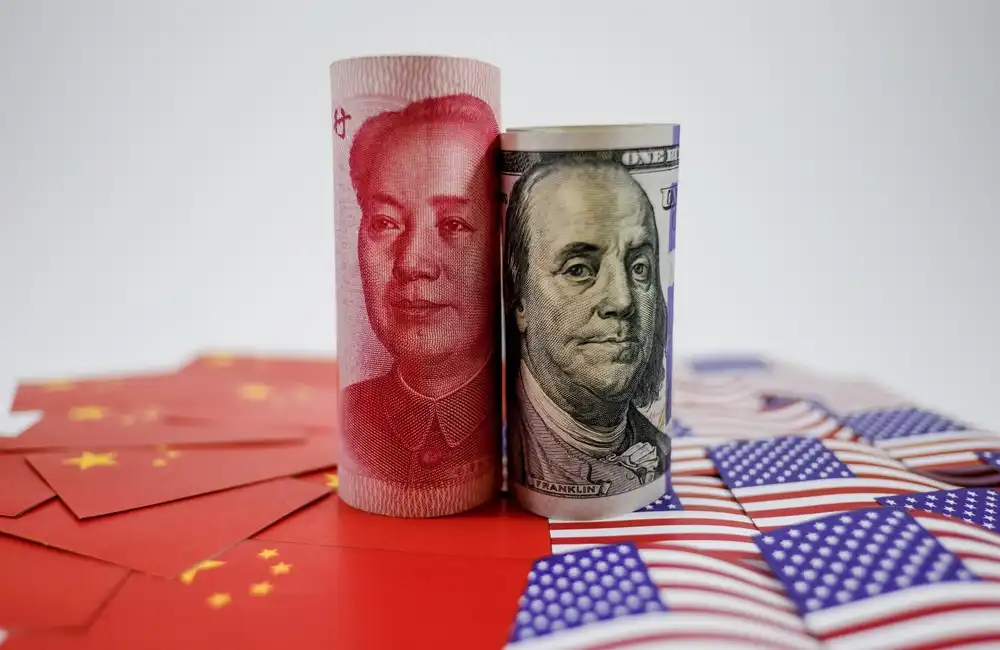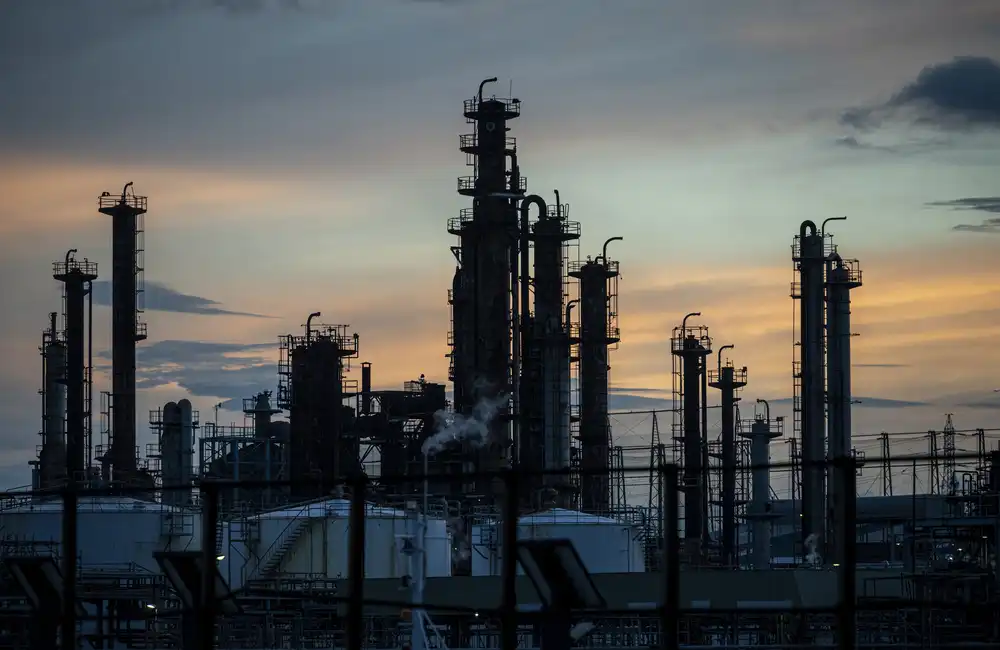A major power outage hit the Iberian Peninsula recently, marking one of its worst energy disruptions, which caused economic turmoil locally and sent shockwaves through international markets.
On April 28–29, 2025, Spain and Portugal suffered a sudden partial blackout, with Spain losing up to 60% of its electricity demand in under a second.
The crisis spread into Portugal, disrupting millions and revealing critical weaknesses in Europe’s interconnected energy systems.
Blackout Timeline and Causes
The failure began when large solar farms experienced operational issues during peak afternoon hours, overwhelming grid-stabilising mechanisms.
Automatic load-shedding protocols activated across Spain, then cascaded through interconnected networks into Portugal.
Grid operator REE denied cyberattacks, blaming renewable volatility and inadequate storage for the rapid collapse.
Direct Economic Impacts
Industrial Losses
Oil refining, food processing and automotive plants halted production, with Volkswagen Navarra losing 1,400 vehicles.
Spanish meat processors incurred €190 million in stoppage losses.
Retail and Services
ATM failures and frozen payment systems crippled retail, while telecom blackouts hit hotels and service providers.
Analysts estimate a 0.1% drop in Spain’s GDP from the outage.
Effects on Energy Markets
Wholesale electricity prices plunged from recent highs, and natural gas prices fell by roughly one-third since January.
Europe saw a 7% rise in fossil-fuel generation YTD, while Britain’s gas power jumped 23%. ENTSO-E proposed regional market segmentation to ease imbalances.
Global Supply-Chain and Trade Fallout
Mediterranean shipping hubs faced delays in automotive exports, and rail disruptions compounded trade inefficiencies.
North African power imports and French back-feeds were cut, pushing up commodity prices from metals to agriculture.
Policy and Regulatory Responses
EU leaders convened emergency meetings to plan grid reinforcements and cross-border interconnectors.
Spain’s National Security Council reviewed system vulnerabilities, while PM Sánchez defended renewables and called for grid modernisation.
The ECB warned energy shocks could exacerbate inflation and hamper global growth.
Expert Commentary
Dr Elena García, University of Barcelona
She warned that reliance on weak grids heightens short-term contraction risks and urged integrated energy policies.
Marc Dubois, Global Power Analytics
He cautioned that without resilience measures, renewable expansion will stall amid future crises.
Rachel Turner, Supply-Chain Specialist
She noted lasting logistical shifts as businesses reroute around unreliable power regions, driving up costs.
Outlook
Europe’s response will shape its renewable transition, with grid upgrades and storage investments crucial for stability.
Energy instability threatens global inflation, trade balances and investor confidence through 2026.
Stay Informed
Get expert energy-market analysis and protective strategies in Advisor’s Gateway’s biweekly newsletter.


















